
Encounter killings refer to the act of police officers killing a suspect during an attempted arrest or in a shootout. This practice is controversial, and its legality depends on the circumstances surrounding the incident.
In India, the term “encounter” is often used to describe extrajudicial killings carried out by the police. These killings usually occur during the course of an investigation or as part of a crackdown on organized crime. The practice has been a subject of much debate in India, with critics arguing that it violates the fundamental rights of citizens and undermines the rule of law.
Under Indian law, police officers are authorized to use force when necessary to maintain law and order, protect life and property, and prevent crime. However, this force must be used in accordance with established procedures and within the limits of the law. The use of excessive force or extrajudicial killing is not permitted.
In recent years, there have been several high-profile cases of encounter killings in India, which have led to public outrage and calls for police reform. The Supreme Court of India has issued guidelines on the use of force by police officers, and the National Human Rights Commission has established a framework for investigating encounter killings.
However, encounter killings continue to occur, often in the context of anti-terrorism operations or the fight against organized crime. Critics argue that these killings are often used as a shortcut to justice and can lead to the wrongful targeting of innocent individuals.
In conclusion, while the use of force by police officers is authorized under Indian law, encounter killings are illegal if they are carried out extrajudicially or in violation of established procedures. The use of excessive force is not permitted, and any use of force must be proportionate to the threat posed by the suspect. The Indian government and law enforcement agencies must work to ensure that encounters are not used as a shortcut to justice and that police officers are held accountable for any violations of the law.

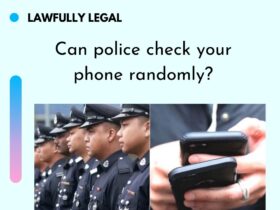
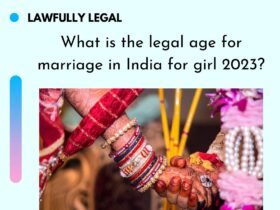
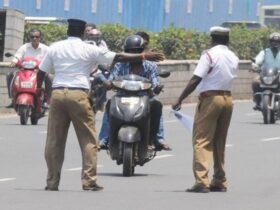
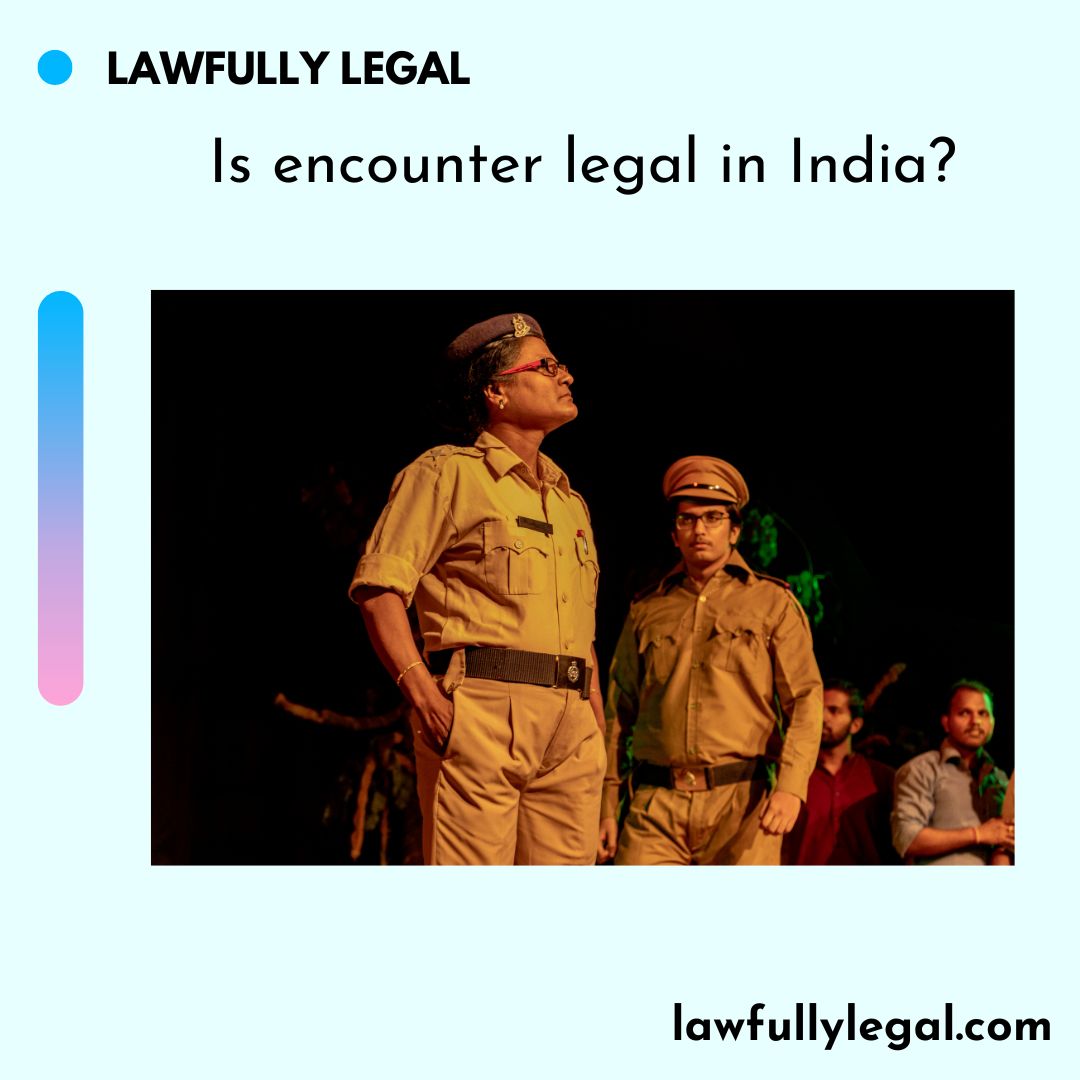


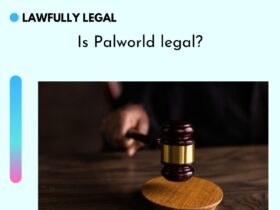


Leave a Reply
View Comments